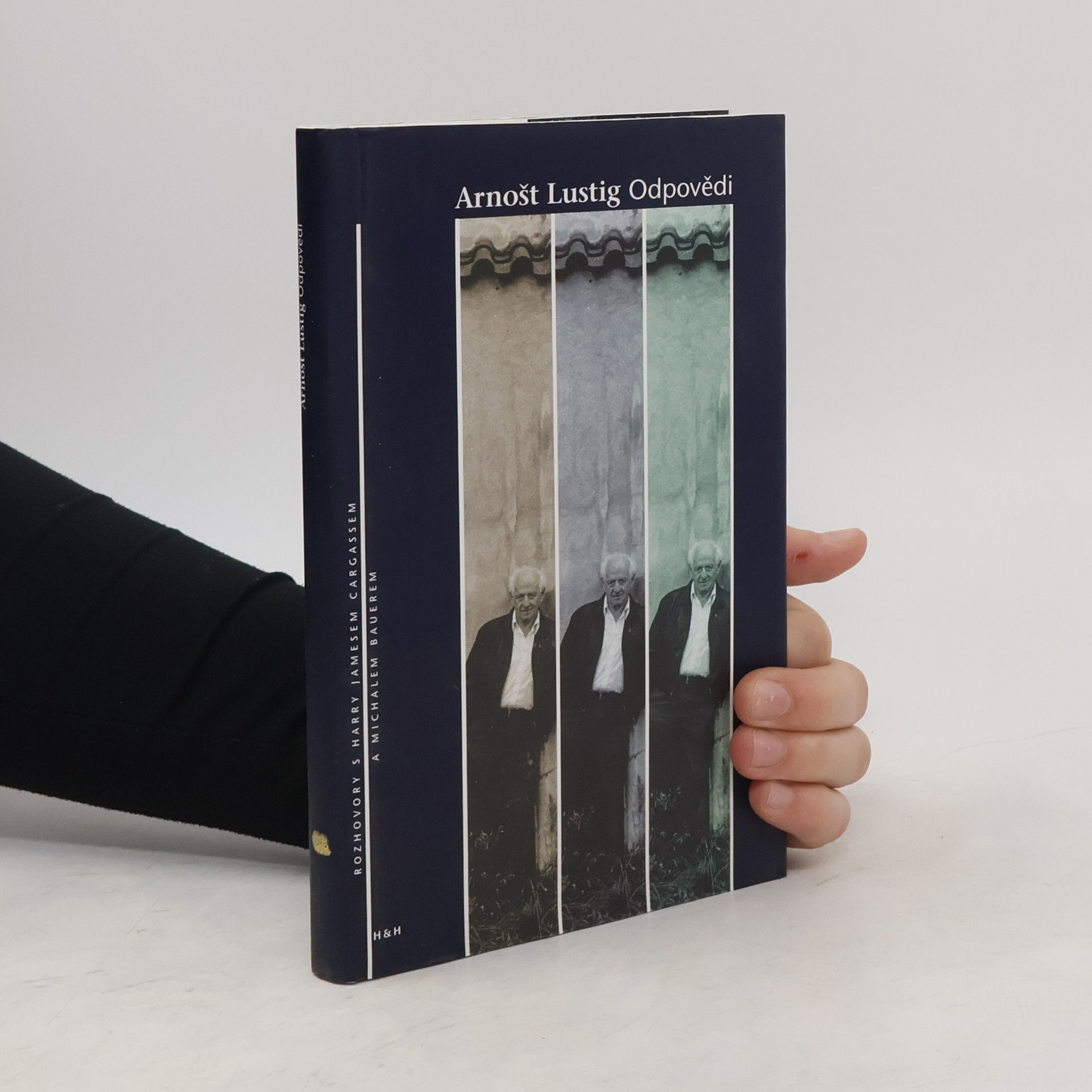Odpovědi : rozhovory s Harry Jamesem Cargassem a Michalem Bauerem
- 83pages
- 3 heures de lecture
V knize amerického autora Cargasse Witnesses of Catastrophe (Svědkové katastrofy) o židovském holocaustu byl zveřejněn také rozhovor s českým spisovatelem Arnoštem Lustigem, jehož překlad obsahuje tato kniha. Spolu s tímto rozhovorem je zde publikován rovněž poprvé Lustigův esej o Auschwitz- Birkenau.
